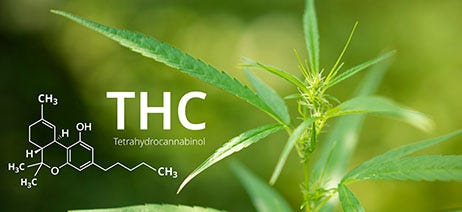
What is THC & What Does It Do?
THC, or tetrahydrocannabinol, is the most well-known compound found in the cannabis plant. As the primary psychoactive cannabinoid in cannabis, THC is responsible for the “high” associated with marijuana use. This tiny compound may be famous but it’s also quite misunderstood. In this guide, we’ll explore what THC is, how it works, and the various ways it interacts with the body.
- What is THC, or Delta-9 THC?
- How Does THC Affect the Body?
- What Are the Potential Benefits & Effects of THC?
- How Is THC Different From Other Cannabinoids?
- More About THC Products
- FAQs About THC
What is THC, or Delta-9 THC?
THC stands for tetrahydrocannabinol, a cannabinoid that is primarily responsible for the psychoactive effects of marijuana. However, it’s just one of the many compounds created by the cannabis plant.1
Before it becomes the infamous THC, it begins as Tetrahydrocannabinolic acid (THCA). This compound is created in the tiny glands found on the cannabis flower, called trichomes. Trichomes—commonly known by cannabis enthusiasts as those sticky little hairs you sometimes get on your fingers when you handle flower—contain a variety of cannabinoids, including THCA.
THCA is converted into THC through decarboxylation, or exposure to heat or light. Once this process is complete, THC is capable of producing intoxication via the body’s endocannabinoid system.2
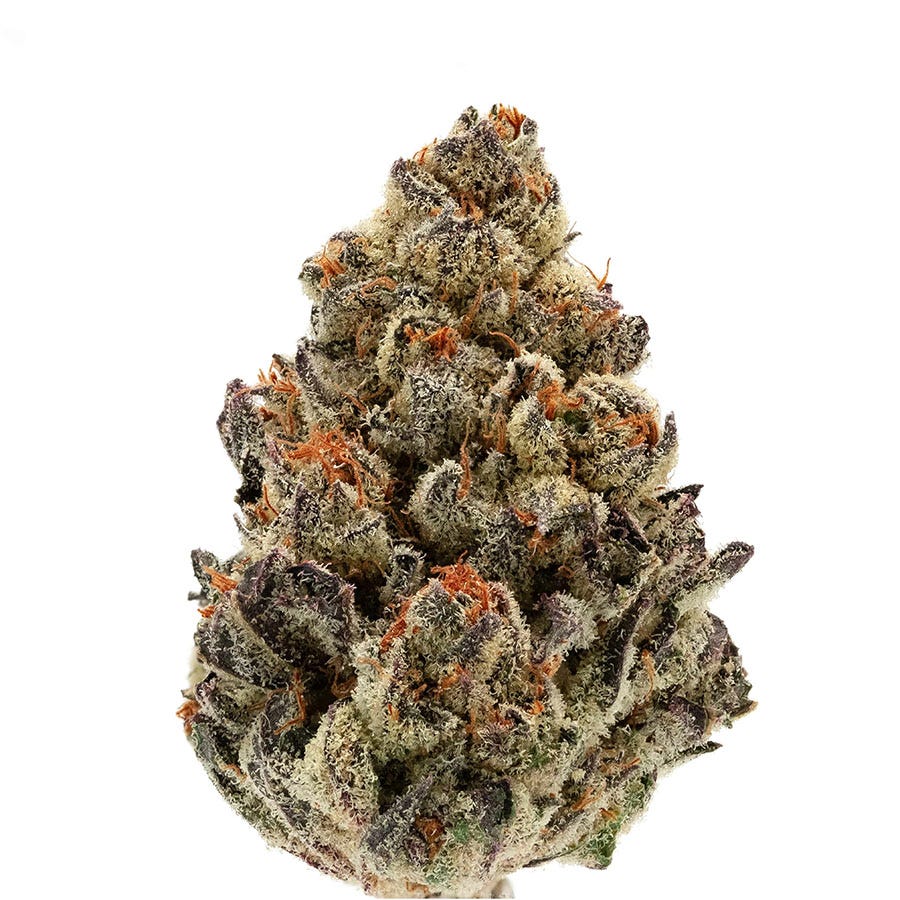
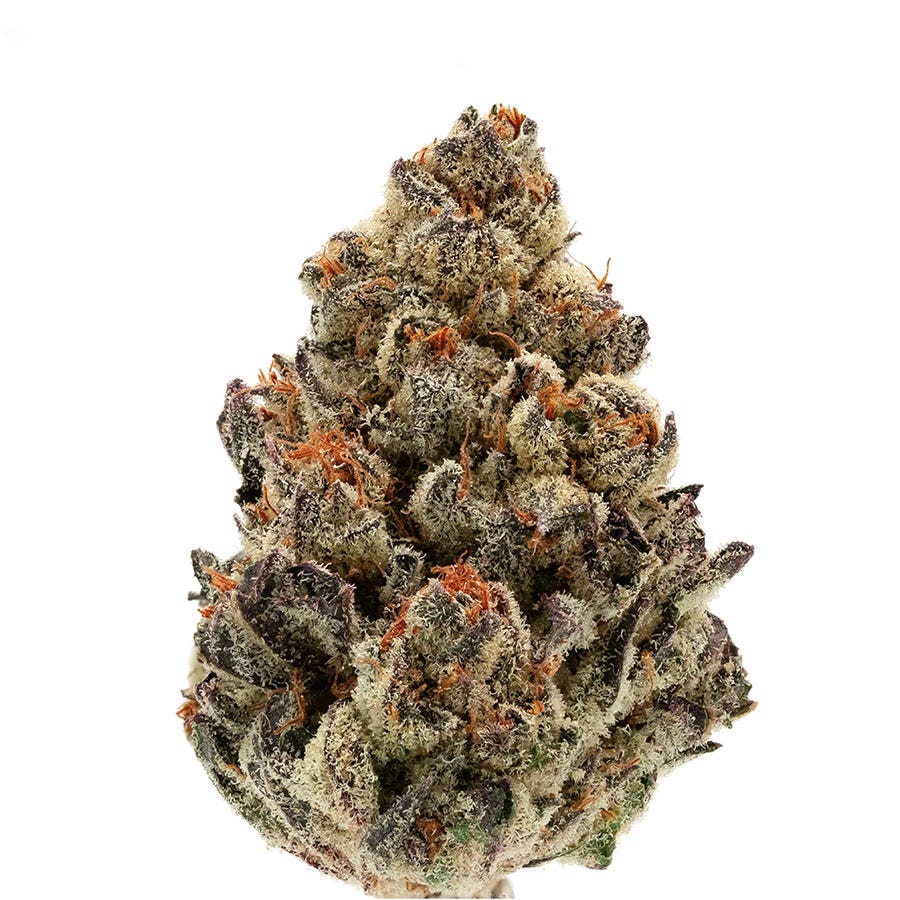
How Does THC Affect the Body?
You may know that THC gets you “high” or intoxicated, but how? What does THC do in the body? To understand how THC works, you have to look at our endocannabinoid system—specifically CB1 and CB2. THC has a stronger affinity for CB1 receptors, which are found in the brain and central nervous system. This is why the THC compound has psychoactive effects. When THC binds to these receptors, it can alter mood, perception, and appetite, among other functions.
CB2 receptors, on the other hand, are found in the immune system and peripheral organs. While THC can bind to these receptors, the effects are more subtle, contributing to its potential anti-inflammatory and pain-relieving properties.3
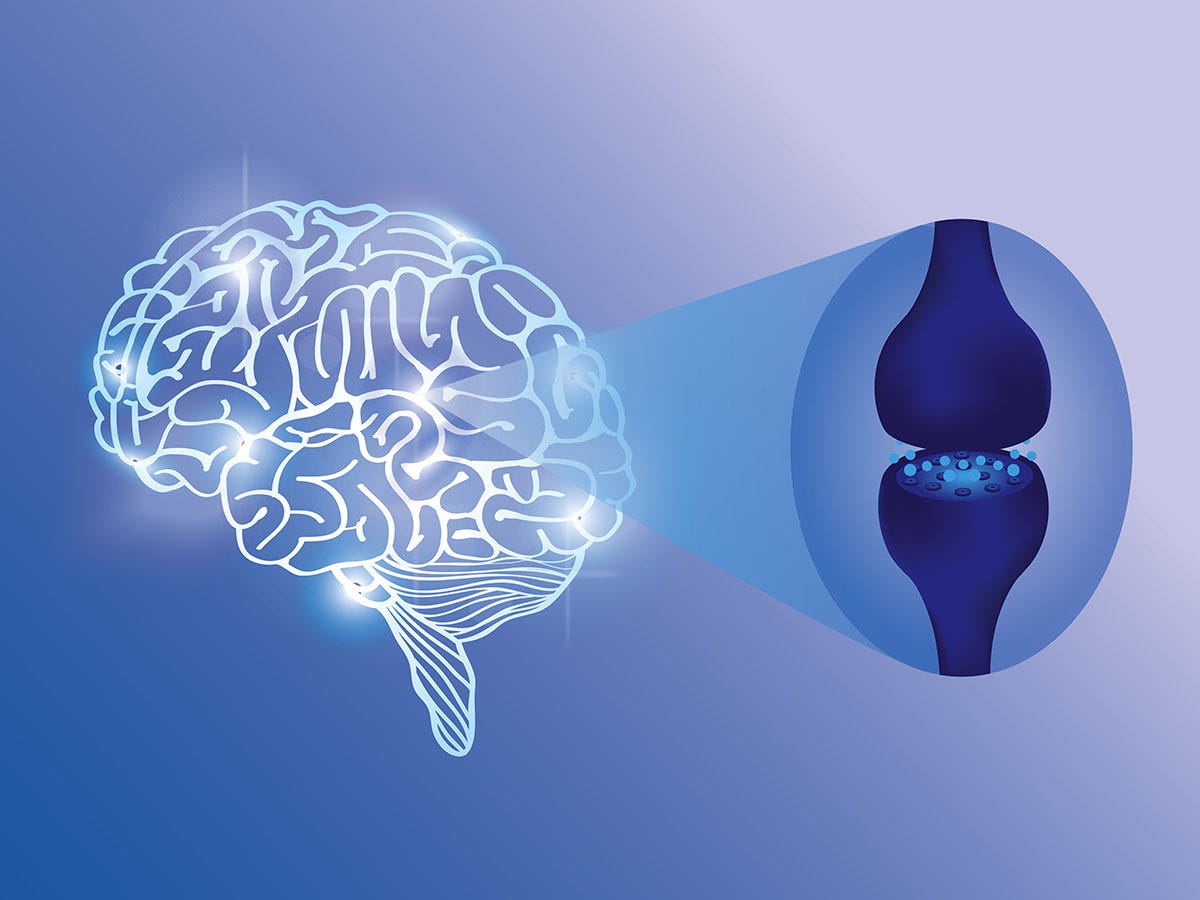
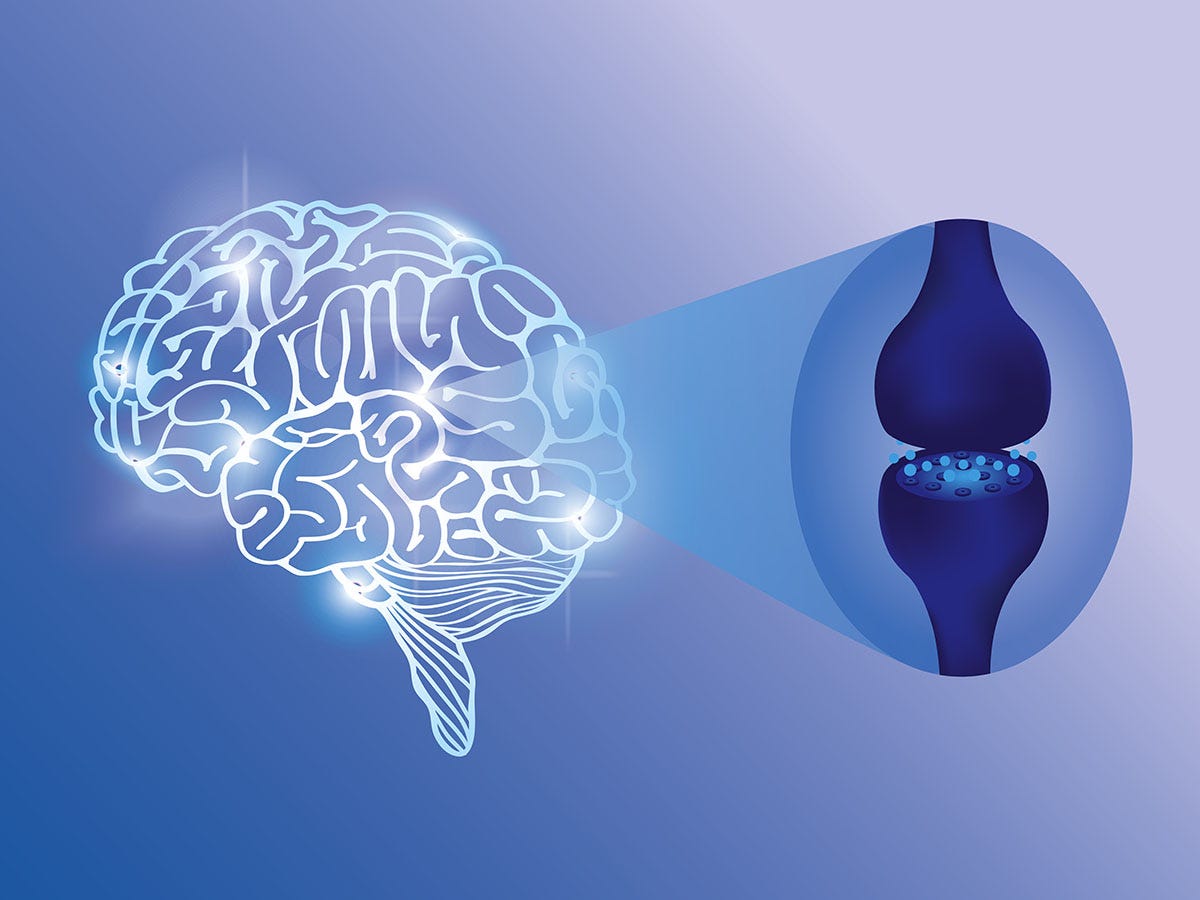
What Are the Potential Benefits & Effects of THC?
While THC is known for its psychoactive effects, it may also have a range of potential health benefits. Here are a few key areas in which THC is being studied:
Nausea
THC has been found to help alleviate nausea, especially in patients undergoing chemotherapy.4 Medications like dronabinol (Marinol, Syndros) and nabilone (Cesamet) are synthetic forms of THC that are FDA-approved for treating nausea and vomiting associated with cancer treatments.5
Appetite
THC is well-known as an appetite stimulant which means it may help people suffering from wasting syndrome, a condition marked by extreme weight loss and muscle atrophy, often seen in illnesses like HIV/AIDS or cancer. The cannabinoid may help chemotherapy patients maintain a healthy appetite during treatment.6
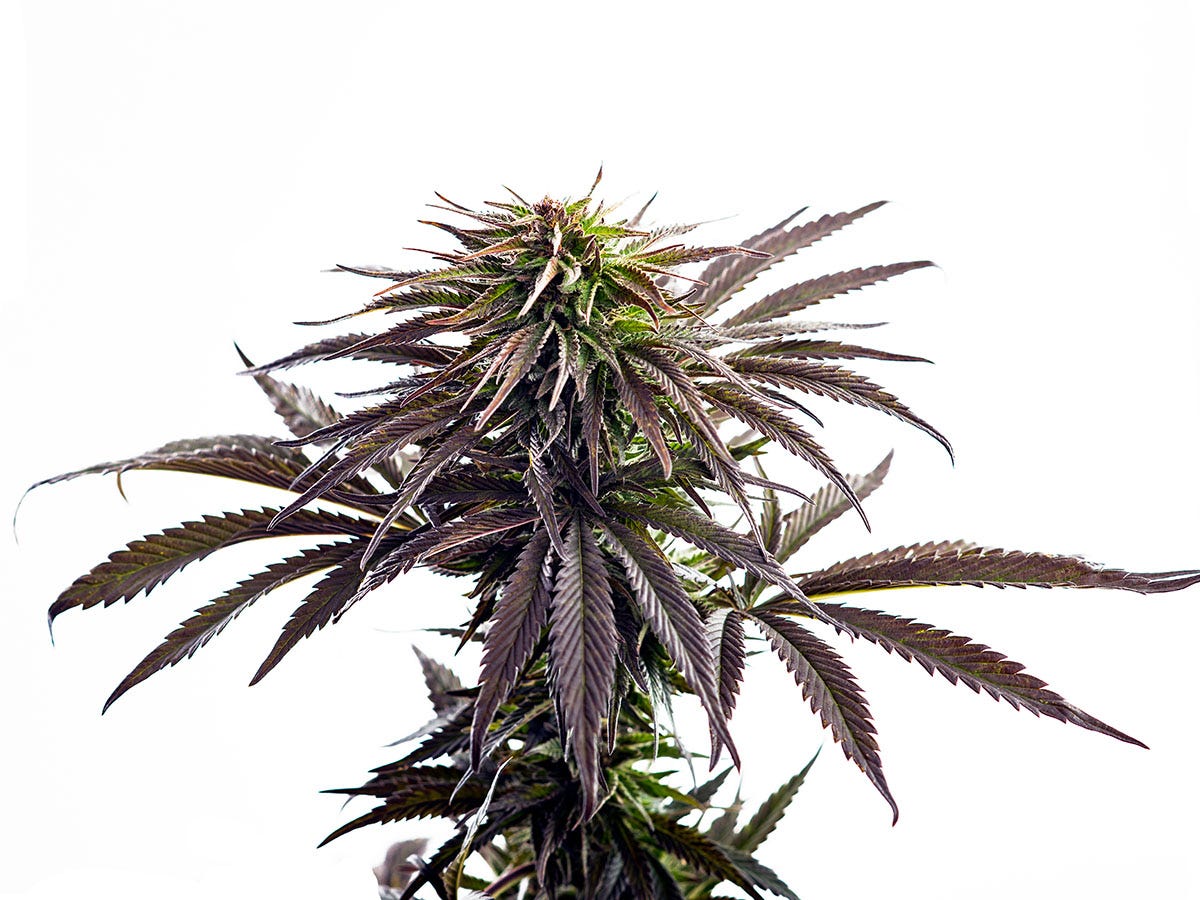
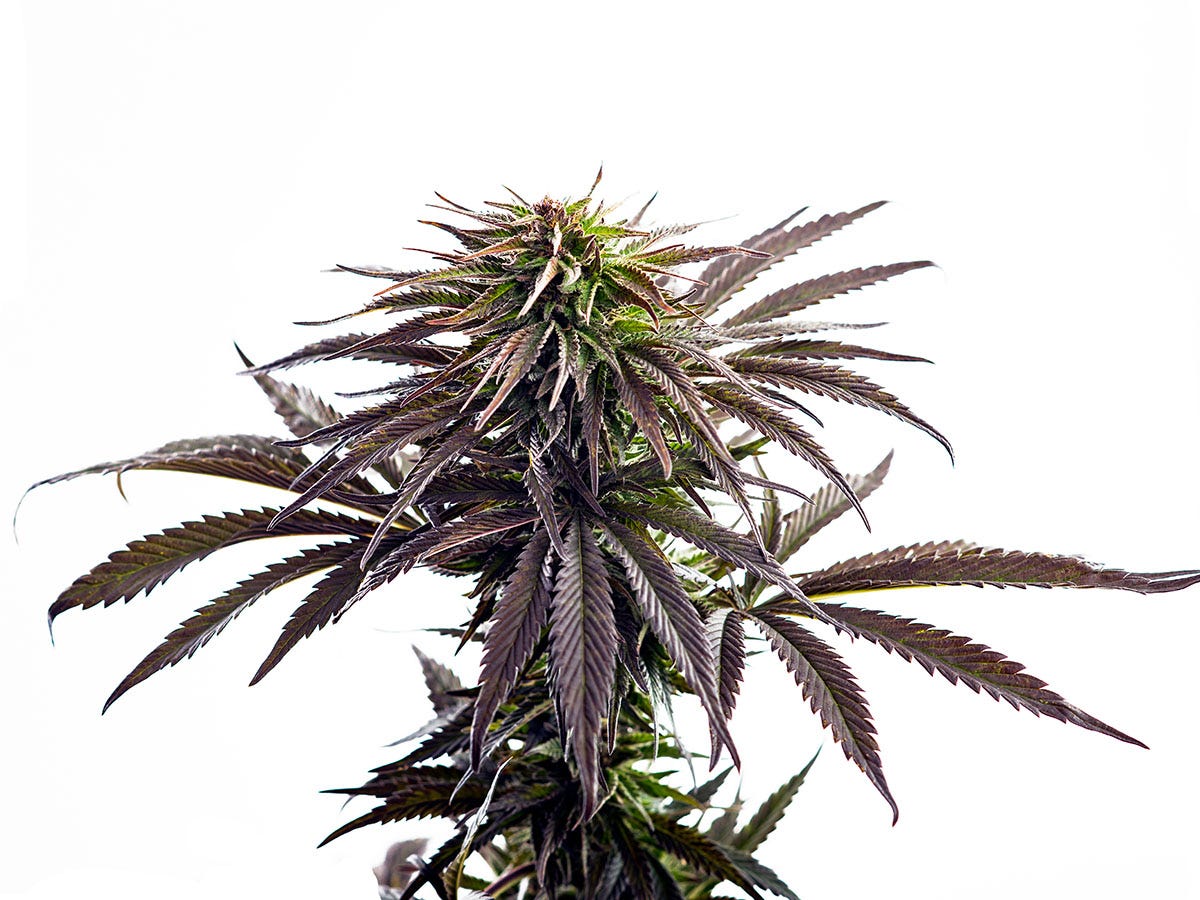
Pain
THC has shown potential for managing chronic neuropathic pain, fibromyalgia, and inflammation.7 Its ability to bind to CB1 and CB2 receptors could make it useful for pain management, particularly in conditions that involve inflammation or nerve damage.8
So why aren’t we bottling THC and giving it to everyone? Two reasons: First, the effects of THC are unique to your endocannabinoid system, so it’s possible that you will have a different experience when consuming THC than someone else. The second reason is that we need to do significantly more research before we can turn that “thought to have benefits” into “known to have benefits.” While scientists are working hard to learn more about THC, we just don’t have enough substantial research available to truly say we understand exactly what THC can do, and how it may or may not help someone with a certain condition.
Until we do, you should look at THC as a compound that has the potential to affect your endocannabinoid system and create a unique, psychoactive experience for you.
How Is THC Different From Other Cannabinoids?
THC is one of many cannabinoids found in the cannabis plant. Here’s how it compares to other well-known cannabinoids:
THC vs CBD
Both THC and CBD are abundant in cannabis, but their effects are very different. THC causes psychoactive effects or intoxication, while CBD does not. CBD is often extracted from hemp and is used for its potentially calming, anti-anxiety, and anti-inflammatory properties. More research has been conducted on CBD than on THC, especially when it comes to its potential therapeutic benefits without the psychoactive “high.”9
THC vs Delta-8
Delta-9 THC is the most common and well-known form of THC, but delta-8 THC is another variant. Delta-8 is typically found in small amounts in the cannabis plant and is usually created through a chemical process that converts CBD into delta-8 THC. This cannabinoid is not as potent as delta-9 THC and is often considered synthetic. It’s important to note that delta-8 products are not well-regulated, and their safety is still unknown.10
THC vs THCA
Tetrahydrocannabinolic acid (THCA) is the acidic precursor to THC. It’s found in raw cannabis and doesn’t produce psychoactive effects. However, when cannabis is heated or exposed to light (a process known as decarboxylation), THCA converts to THC. This is why raw cannabis won’t get you high, but smoking or cooking it will.11
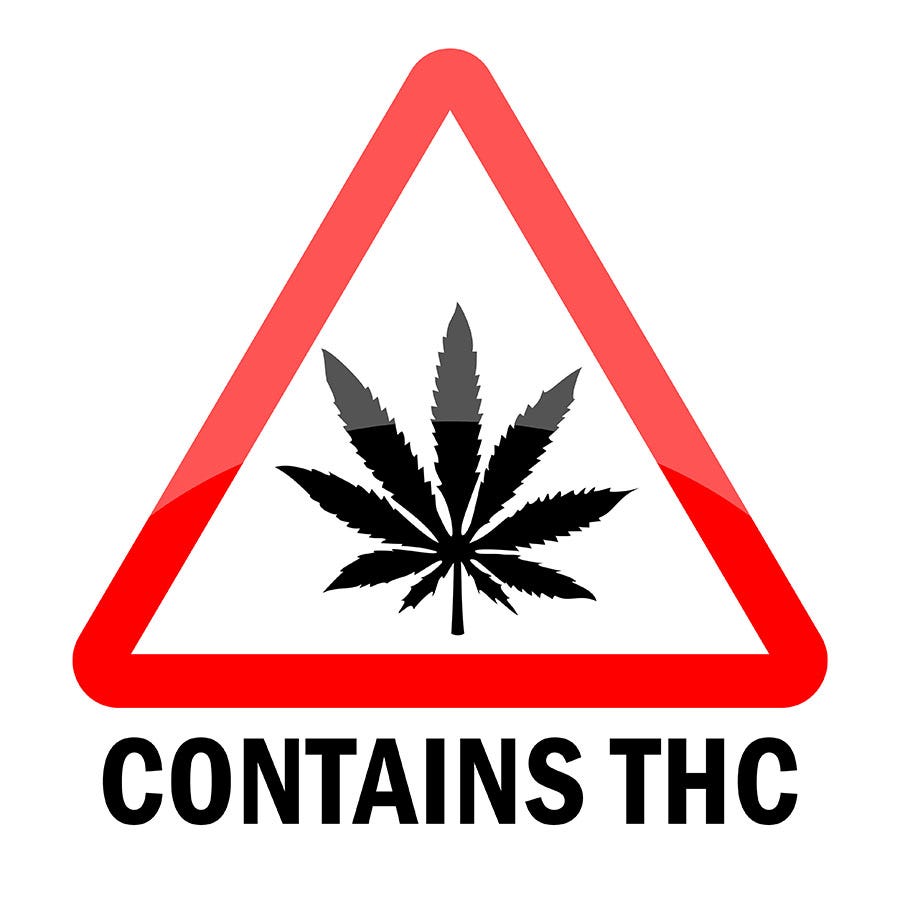
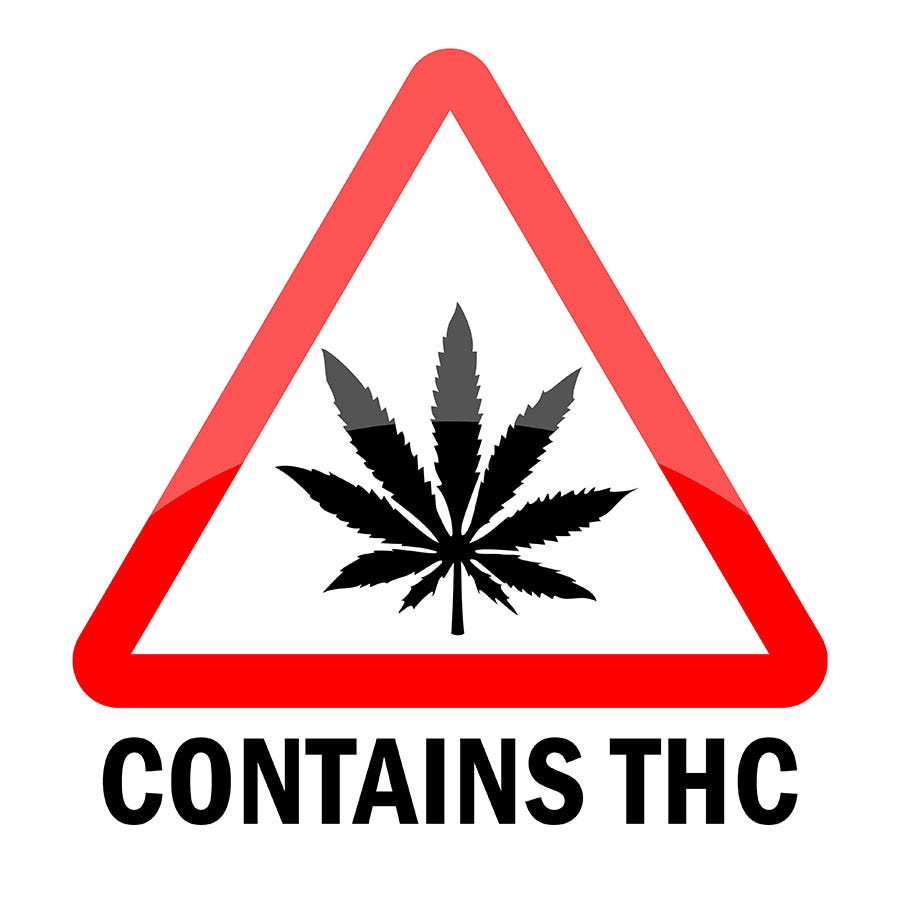
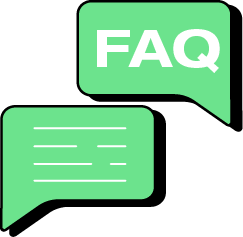

FAQs About THC
There is no cannabinoid that has the reputation of THC. Those three letters are known by both cannabis enthusiasts and people indifferent to the industry. Because of that, there’s a lot of curiosity around delta-9 THC. Here’s some of the questions we get from our customers:
Is THC the same as marijuana?
THC isn’t the same as marijuana. THC is one of the compounds found in marijuana (the cannabis plant). Marijuana contains many cannabinoids, including THC, CBD, and about 150 others.
Is THC legal?
The legality of THC varies. Some synthetic forms of THC are FDA-approved for medical use, while several states have legalized THC for both medical and recreational use. However, THC remains federally illegal in the United States.
Are Delta-8 and Delta-9 the same thing?
No, delta-8 THC and delta-9 THC aren't the same. Delta-9 THC is the main form of THC found in the cannabis plant, while delta-8 THC is typically lab-made through a chemical process that converts CBD into delta-8.
What is in THC?
THC is a molecule with the chemical formula C21H30O2. This means it contains 21 carbon atoms, 30 hydrogen atoms, and 2 oxygen atoms.12
Are Delta-9 and THC the same?
Delta-9 THC is the most common form of THC found in the cannabis plant, making it the same thing as THC.
Where can I buy THC?
You can purchase THC from a state-licensed dispensary, such as Verilife, in states where marijuana is legal.
What does THC stand for?
THC stands for tetrahydrocannabinol, which is the primary psychoactive compound found in the cannabis plant.


Learn More About THC & THC Products
Want to dive deeper into the benefits of THC? Verilife dispensaries carry a variety of THC products tailored to suit your preferences. Whether you're seeking relief from symptoms or curious about trying cannabis, our trained budtenders can help you find the perfect product to match your needs.
Sources
1. “What is THC?” Leafwell, https://leafwell.com/blog/what-is-thc-tetrahydrocannabinol
2. “THC (tetrahydrocannabinol),” Leafly, https://www.leafly.com/learn/cannabis-glossary/thc
3. “Cannabis, a complex plant: different compounds and different effects on individuals,” National Library of Medicine, December 2012, https://www.ncbi.nlm.nih.gov/pmc/articles/PMC3736954/
4. “Marijuana,” Mayo Clinic, https://www.mayoclinic.org/drugs-supplements-marijuana/art-20364974
5. “Tetrahydrocannabinol (THC),” National Library of Medicine, November 12, 2023, https://www.ncbi.nlm.nih.gov/books/NBK563174/
6. “Cannabinoids and appetite: food craving and food pleasure,” National Library of Medicine, April 2009, https://pubmed.ncbi.nlm.nih.gov/19367510/
7. “How to Use Cannabis to Manage Pain,” Leafwell, https://leafwell.com/blog/how-to-use-cannabis-to-manage-chronic-pain
8. “The Health Effects of Cannabis and Cannabinoids: The Current State of Evidence and Recommendations for Research,” National Library of Medicine, https://www.ncbi.nlm.nih.gov/books/NBK425767/
9. “CBD vs. THC: What’s the Difference?” Healthline, February 12, 2024, https://www.healthline.com/health/cbd-vs-thc
10. “Delta-8 THC vs. Delta-9 THC: What’s the Difference?” Forbes Health, October 3, 2023, https://www.forbes.com/health/cbd/delta-8-vs-delta-9/
11. “What is THCA and what are the benefits of this cannabinoid?” Leafly, September 16, 2022, https://www.leafly.com/news/cannabis-101/what-is-thca-and-what-are-the-benefits-of-this-cannabinoid
12. “Cannabinoid Science 101: What Is THC (Tetrahydrocannabinol)?” Sensi Seeds, August 8, 2020, https://sensiseeds.com/en/blog/cannabinoid-science-101-what-is-thc-tetrahydrocannabinol/


